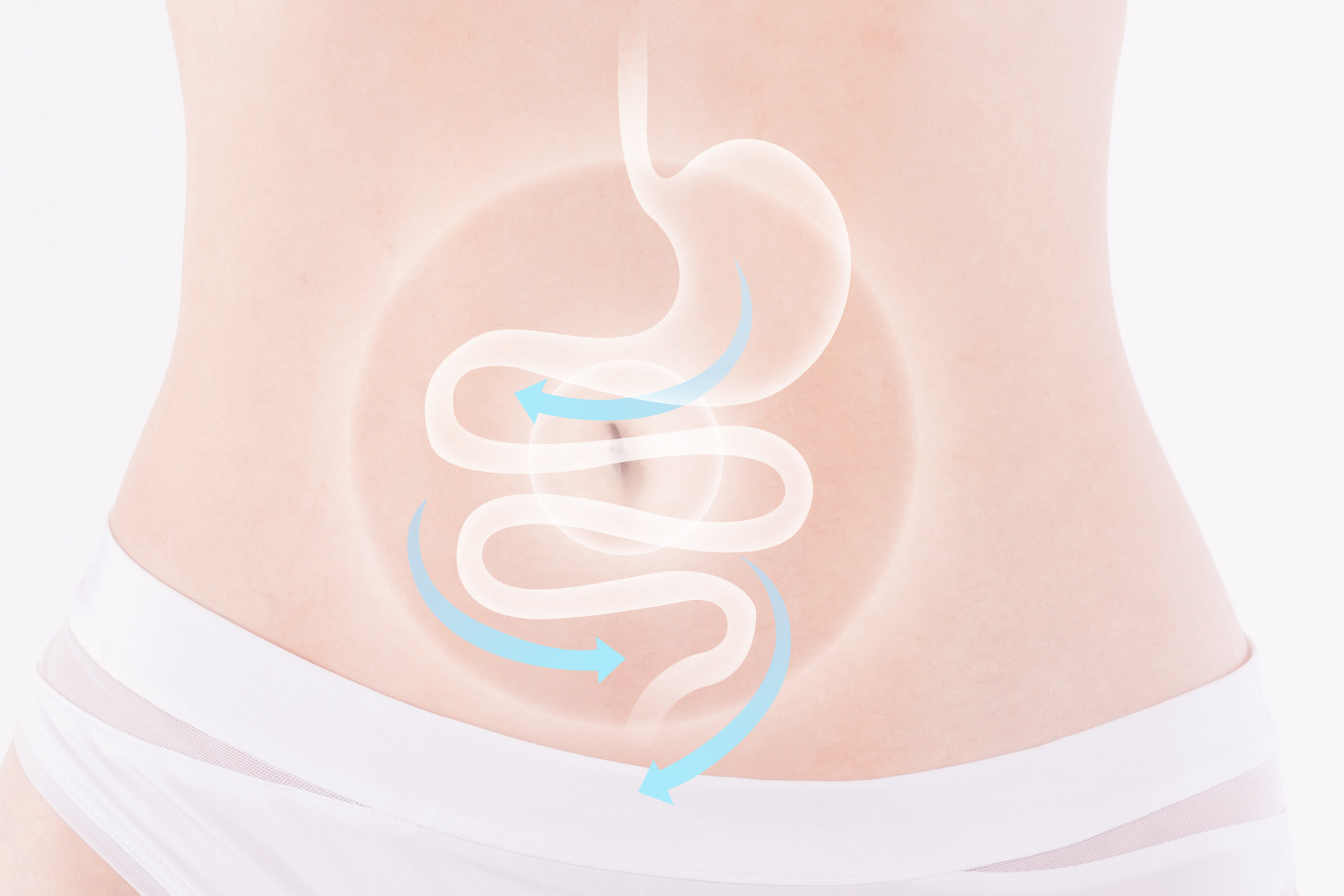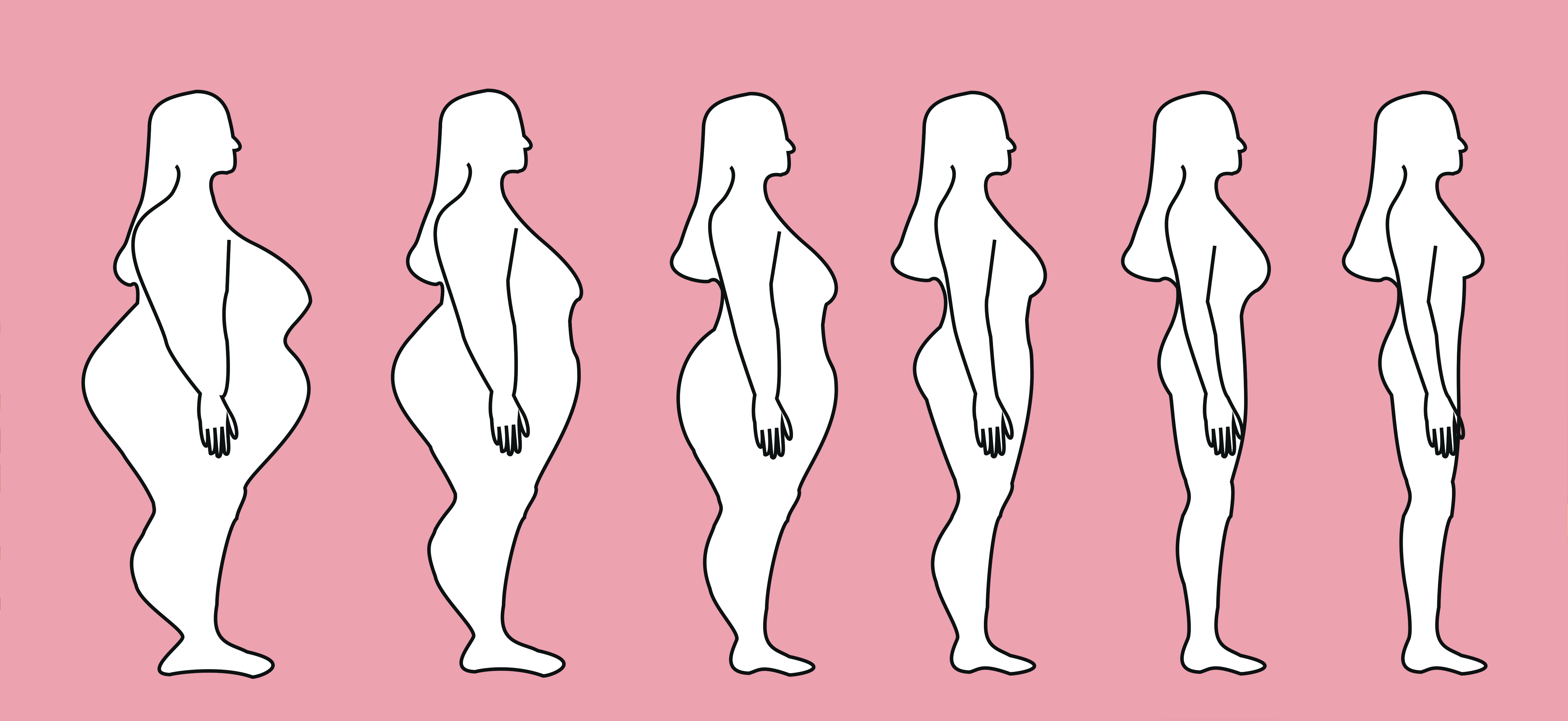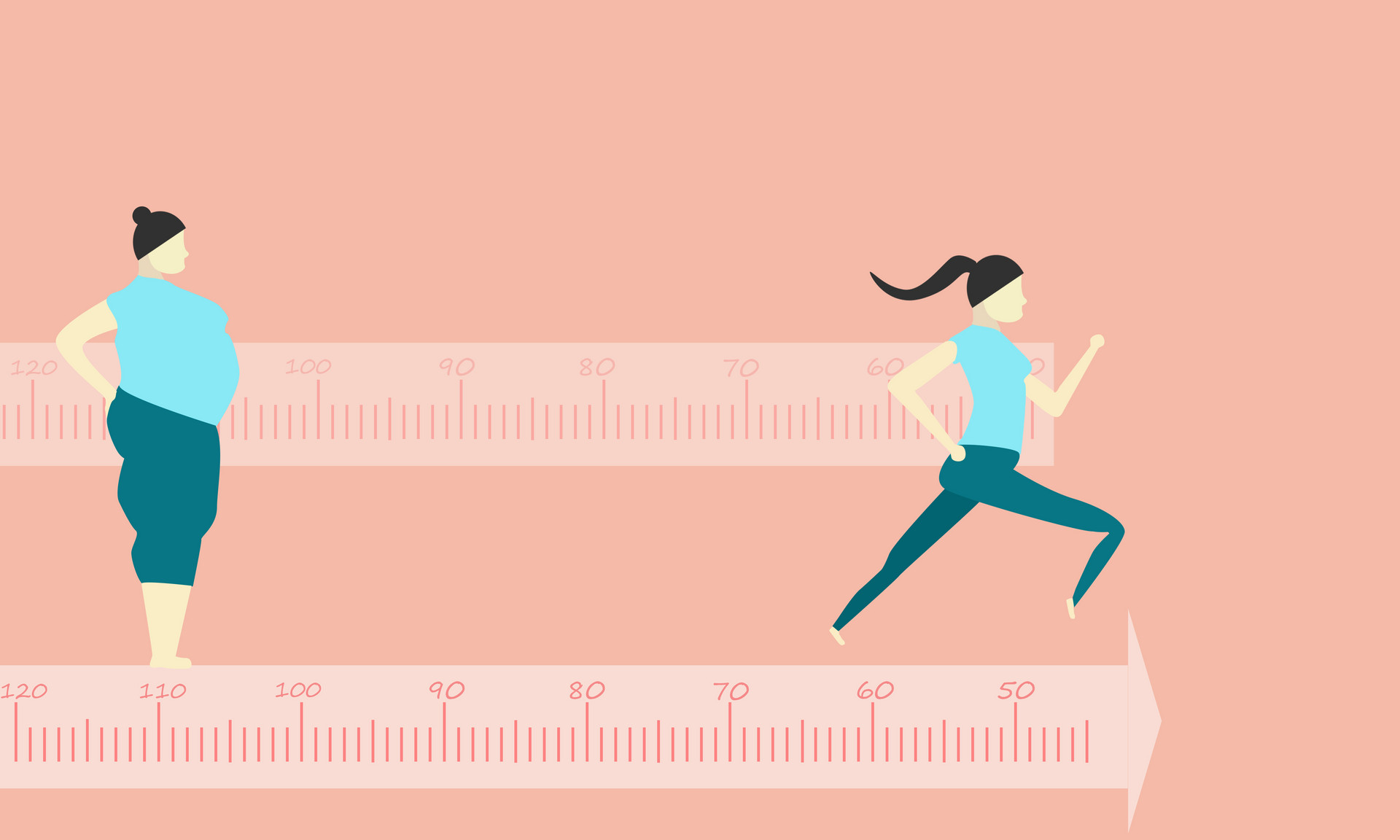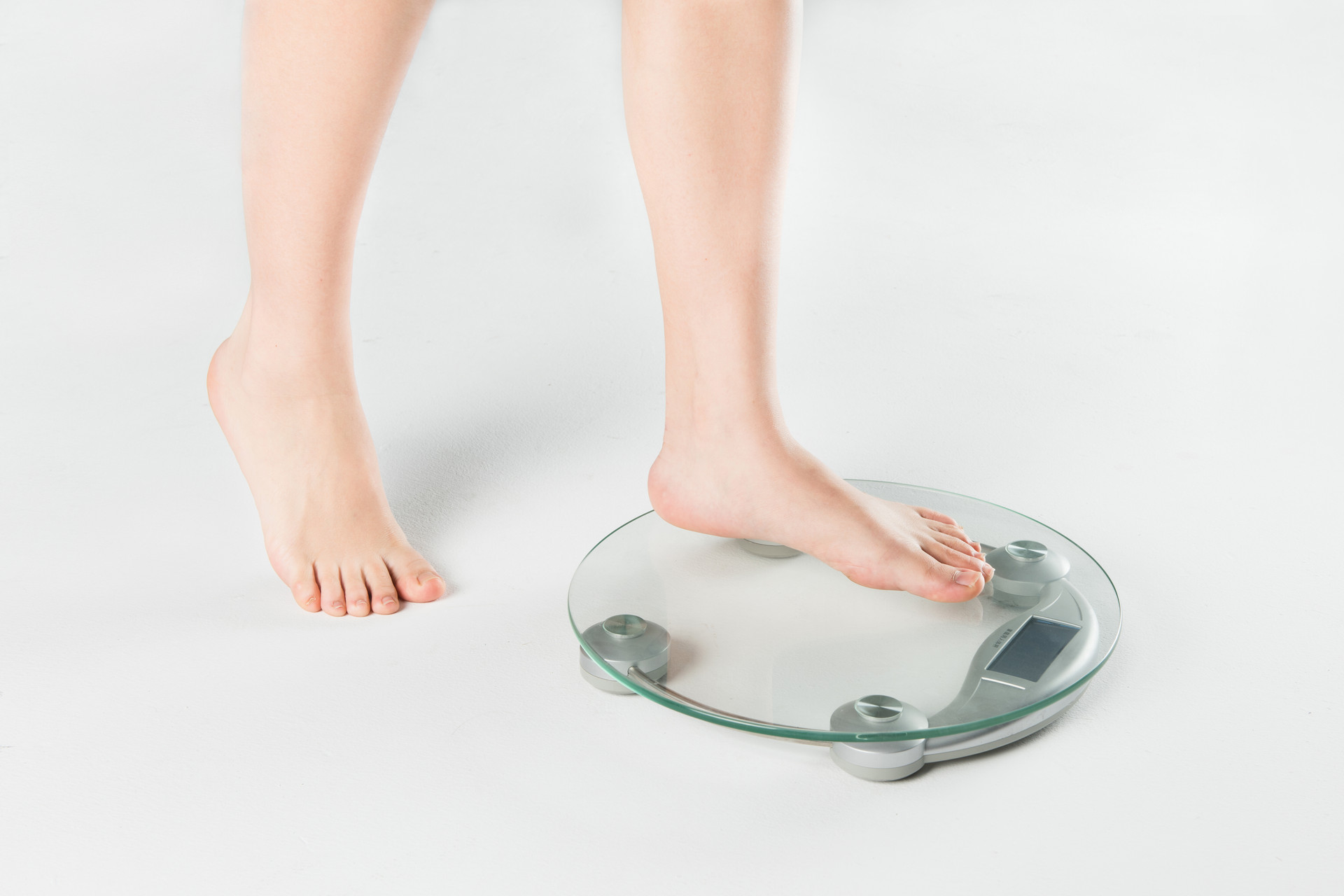Acupuncture for Weight Loss: What to Consider | Who is Suitable for Acupuncture for Weight Loss
Is there a way to lose weight without exercising and burning calories? We recommend traditional Chinese medicine acupuncture for weight loss. So, who is suitable for acupuncture for weight loss? What should you be aware of when undergoing acupuncture for weight loss?
Who is Suitable for Acupuncture for Weight Loss
Obesity is generally divided into pathological obesity and physiological obesity. Patients with pathological obesity can improve their condition through acupuncture treatment, along with diet control and moderate exercise, in order to achieve weight loss. However, acupuncture for weight loss is generally ineffective for those with physiological obesity. The ideal candidates for acupuncture for weight loss are adults who are obese after reaching maturity, as they are more likely to adjust various metabolic functions of the body, promote fat breakdown, and achieve weight and lipid reduction. The most suitable age for acupuncture for weight loss is between 20 and 40 years old.
Abdominal Obesity and Acupuncture for Weight Loss
Acupuncture for weight loss is most effective for abdominal obesity. This is because there is a greater accumulation of fat in the abdominal area, and through meridian regulation and acupuncture stimulation, the effects are more prominent. For obese individuals with excessive water and dampness in their bodies, acupuncture can promote diuresis and sweating, thereby eliminating water dampness.
Some obese individuals have excessive stomach acid secretion, resulting in a strong sense of hunger and constant cravings. These individuals are often referred to as having a "strong stomach fire." Acupuncture can help reduce the stomach fire in obese individuals, suppress or control their excessive appetite, reduce food intake, and inhibit their gastrointestinal digestion and absorption capabilities.
Others become obese due to chronic constipation. Acupuncture can help with bowel movements, thereby reducing energy storage in the body. Menopausal women, due to low activity levels and hormonal imbalances, are prone to weight gain. If they do not control their diet properly, fat accumulation can easily occur. Some obese individuals have excessive gastrointestinal digestion and absorption capabilities. Acupuncture treatment can promote metabolism and achieve weight loss effects, as decreased metabolism is also a potential factor for weight gain.
Who is Suitable for Acupuncture for Weight Loss? What should be considered for acupuncture for weight loss?
Considerations for Acupuncture for Weight Loss
1. Acupuncture for weight loss is not an overnight solution
Acupuncture for weight loss is a gradual process. If you expect a few needles to instantly give you a slim figure, that is unrealistic. Along with acupuncture, develop healthy lifestyle and dietary habits to effectively prevent rebounding. Otherwise, once the acupuncture sessions stop, the weight may quickly return.
2. Control diet while undergoing acupuncture for weight loss
When undergoing acupuncture for weight loss, it is important to control your diet. Avoid overeating and random eating during the acupuncture process, as it will not achieve the desired weight loss results. However, controlling your diet does not mean extreme fasting.
3. Engage in some form of exercise during acupuncture for weight loss
Increasing fat consumption is essential for weight loss treatment. However, vigorous exercise is not recommended. Endurance and long-lasting exercises are encouraged. For individuals with abdominal obesity, performing around 20 minutes of abdominal breathing and activity before sleep is beneficial for reducing abdominal fat and promoting bowel movements.
4. Terminate acupuncture for weight loss if adverse reactions occur
During acupuncture for weight loss treatment, patients may experience thirst, loss of appetite, increased frequency of urination and bowel movements, and fatigue. These are normal phenomena. Through acupuncture treatment, the body's internal functions are continuously adjusted, which accelerates metabolism and energy consumption, resulting in clinical symptoms. Once the body regains balance, these symptoms will disappear. However, if a patient experiences pain, dizziness, nausea, or other adverse reactions during acupuncture, it is considered an unfavorable response and the treatment should be immediately discontinued to prevent any danger.
5. Seek acupuncture for weight loss from a reputable institution
Traditional Chinese medicine acupuncture is a sophisticated science. Patients should only receive weight loss treatment from reputable clinics that provide comprehensive and safe programs for overall adjustment and treatment to achieve the goal of weight loss.












